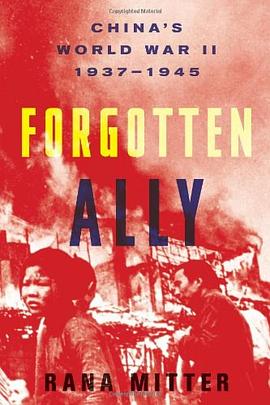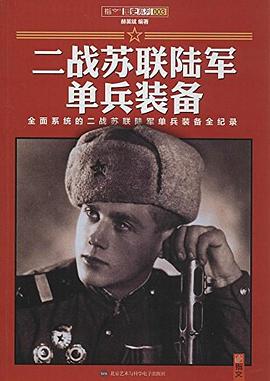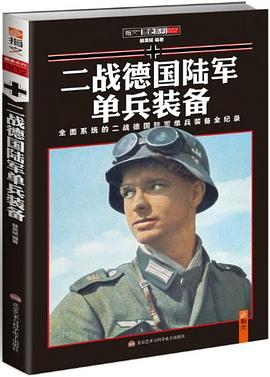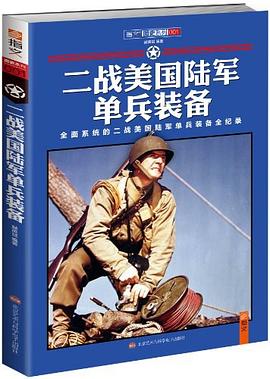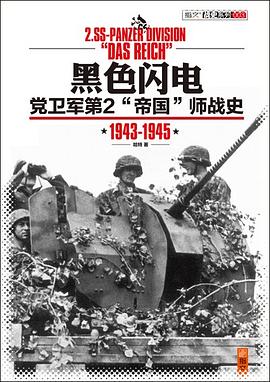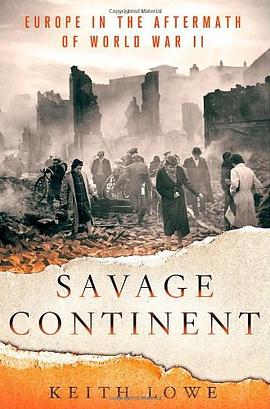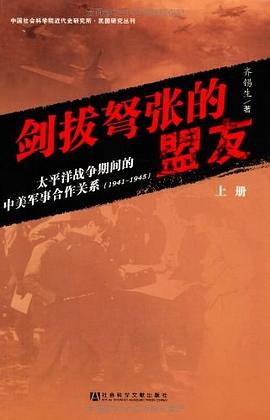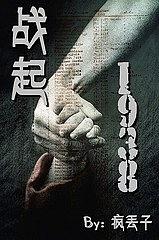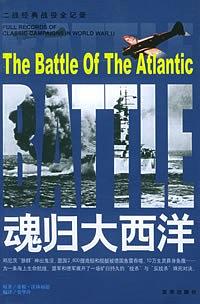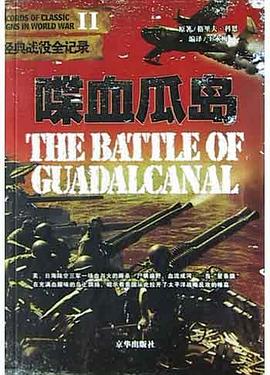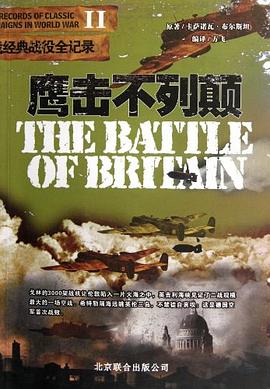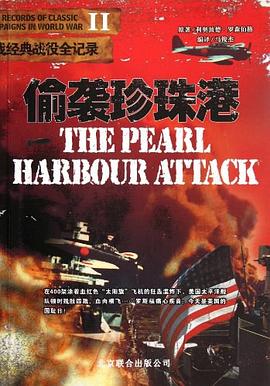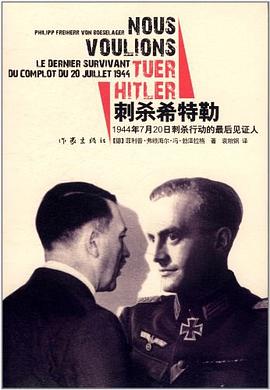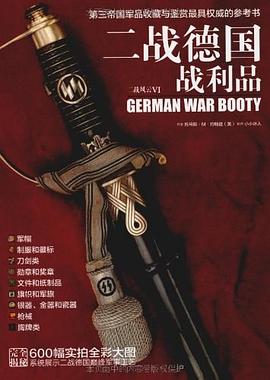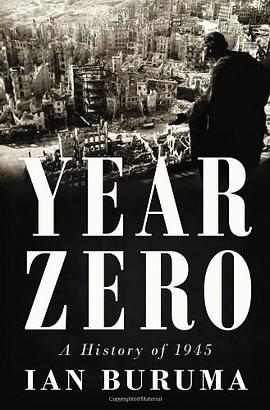

具体描述
A marvelous global history of the pivotal year 1945 as a new world emerged from the ruins of World War II
Year Zero is a landmark reckoning with the great drama that ensued after war came to an end in 1945. One world had ended and a new, uncertain one was beginning. Regime change had come on a global scale: across Asia (including China, Korea, Indochina, and the Philippines, and of course Japan) and all of continental Europe. Out of the often vicious power struggles that ensued emerged the modern world as we know it.
In human terms, the scale of transformation is almost impossible to imagine. Great cities around the world lay in ruins, their populations decimated, displaced, starving. Harsh revenge was meted out on a wide scale, and the ground was laid for much horror to come. At the same time, in the wake of unspeakable loss, the euphoria of the liberated was extraordinary, and the revelry unprecedented. The postwar years gave rise to the European welfare state, the United Nations, decolonization, Japanese pacifism, and the European Union. Social, cultural, and political “reeducation” was imposed on vanquished by victors on a scale that also had no historical precedent. Much that was done was ill advised, but in hindsight, as Ian Buruma shows us, these efforts were in fact relatively enlightened, humane, and effective.
A poignant grace note throughout this history is Buruma’s own father’s story. Seized by the Nazis during the occupation of Holland, he spent much of the war in Berlin as a laborer, and by war’s end was literally hiding in the rubble of a flattened city, having barely managed to survive starvation rations, Allied bombing, and Soviet shock troops when the end came. His journey home and attempted reentry into “normalcy” stand in many ways for his generation’s experience.
A work of enormous range and stirring human drama, conjuring both the Asian and European theaters with equal fluency, Year Zero is a book that Ian Buruma is perhaps uniquely positioned to write. It is surely his masterpiece
作者简介
Ian Buruma is the Luce Professor of Democracy, Human Rights, and Journalism at Bard College. His previous books include The China Lover, Murder in Amsterdam, Occidentalism, God's Dust, Behind the Mask, The Wages of Guilt, Bad Elements, and Taming the Gods.
目录信息
读后感
第一章 1.两个德国逃兵,在德国投降后,因为从躲藏的荷兰人家里出来的太早,被加拿大军队交给了已经投降并缴械的德国军队。德国军官用从加拿大人那里借来的枪以叛国罪枪毙了他们。 2.集中营中饿得要死、衣不蔽体的妇女,因为一车运来的口红,而重新成为了“人”。一个瘦骨嶙峋...
评分写这段话的时候,本人刚刚看了28页。 我觉得《零年》这本书,填补了一个国内的视角空白。尤其是关注1949年新旧秩序交替岁月的那段历史,因为意识形态的原因,中国大陆封闭、保守的政策,导致我们的视角在很长时间内与政府的表述角度高度统一,无论是主动还是被迫,还是无意识...
评分第一章 1.两个德国逃兵,在德国投降后,因为从躲藏的荷兰人家里出来的太早,被加拿大军队交给了已经投降并缴械的德国军队。德国军官用从加拿大人那里借来的枪以叛国罪枪毙了他们。 2.集中营中饿得要死、衣不蔽体的妇女,因为一车运来的口红,而重新成为了“人”。一个瘦骨嶙峋...
评分1945年为什么是零年?那是二次世界大战结束的一年;是现代世界诞生的一年.所以1945年是零年。这本书断断续续读了将近一年,真的非常棒。从内容、视角、到行文、翻译,都很到位。首先是内容。你看不见硝烟弥漫的血腥战斗,但从书中人的经历和口述中可以去体会;你看不见人心如何...
评分紧接着《奥斯维辛》之后读完了这本《零年》,内容的时间轴也算是部分衔接起来了。老实说这本书的阅读体验比《奥斯维辛》更加郁闷一些。在经历了人类历史上最大规模的战争之后,我们希望相信一些真善美的东西,但事实上当代社会却不是从这样的基础上建立起来的。当人类被赋予了...
用户评价
讲1945年的一本书,了解一下那段历史
评分14hrs28mins “...even though many of these would turn to ash, as everything eventually does.”
评分提供了战后世界的全景式图像,帮助我们摆脱各国努力建立的、过分简化的英雄主义grandiloquence;欢迎观赏45年的大型分蛋糕游戏(。
评分14hrs28mins “...even though many of these would turn to ash, as everything eventually does.”
评分14hrs28mins “...even though many of these would turn to ash, as everything eventually does.”
相关图书
本站所有内容均为互联网搜索引擎提供的公开搜索信息,本站不存储任何数据与内容,任何内容与数据均与本站无关,如有需要请联系相关搜索引擎包括但不限于百度,google,bing,sogou 等
© 2025 book.quotespace.org All Rights Reserved. 小美书屋 版权所有

